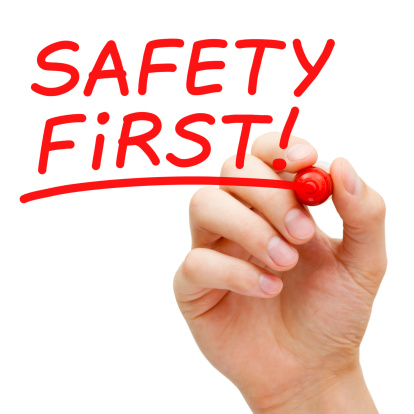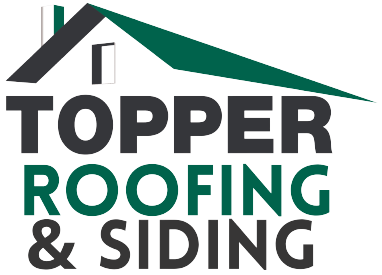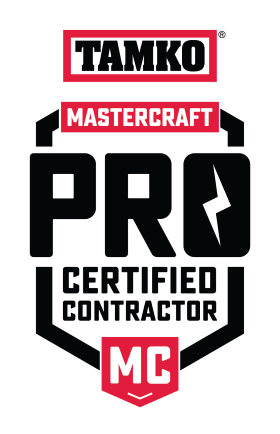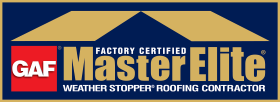When it comes to home improvement projects, roofing is one of the most critical – and complex – investments you’ll make. Beyond choosing the right materials and roofing company, there’s an often-overlooked question: Who is responsible for roofing contractors while they’re working on your home?
Many homeowners assume that hiring a professional roofing company means they are completely off the hook for any potential issues. The truth is, liability depends on a number of factors – and understanding them is key to protecting yourself, your home, and the crew working above it.

Roofing Liability: What Homeowners Should Know
Roofing projects include work at heights and with heavy material, combined with unpredictable weather—all of which mandate safety above everything else. So what if your worker is hurt or property gets damaged on the job?
Some of the core areas you ought to be in the know over include;
1. Homeowner’s Liability
As a property owner, it is your duty to select an appropriately licensed and insured roofing contractor. If you hire an unlicensed or uninsured roofer, you could be held responsible for accidents or damages that happen on your property.
To avoid this:
- Verify Licensing & Insurance – Always ask for proof of worker’s compensation and general liability insurance. This helps ensure that if any person is hurt or damages anything, it would be covered under the contractor and not you.
- Check for Permits – In some areas, it falls on the homeowner to pull permits. A good roofing company like Topper Roofing will definitely help guide you through the process.
- Ensure a Safe Worksite – Even though professionals are doing the job, ensure that your property is free from obstacles, pets, or anything else that might interrupt their work.
2. Roofing Contractors Responsibility
A professional roofing company must have complete insurance, have workers who have gone through safety training, and ensure adherence to local building codes. Responsible roofers will guarantee:
- Worker safety as well as correct harnessing and equipment usage.
- Compliance with Occupational Safety and Health Administration (OSHA)
- Preservation of your property from damage in the process of installation or repair
- Proper disposal of old roofing materials and cleanup once the project is done
3. What About Subcontractors?
Some roofers hire subcontractors to handle specific tasks. It’s good to ask:
- Are they covered under the main contractor’s insurance?
- Who will be supervising their work?
- Do they follow the same safety protocols?
At Topper Roofing, we ensure that all our subcontractors meet our high standards of safety and quality, so you don’t have any unanticipated liabilities.
How to Protect Yourself as a Homeowner
The best way to be protected is through a trusted, insured, and experienced roofing contractor who values safety and professionalism just as much as you do.
Before signing a contract:
- Ask for proof of insurance and licensing
- Read the contract carefully and be sure to identify details about liability, timelines, and warranties
- Ask about what kind of post-installation warranty support you would have
At Topper Roofing, we take the stress out of roofing projects by ensuring complete transparency and protection for our clients. From start to finish, we prioritize safety, quality craftsmanship, and peace of mind—so you can feel confident in your new roof.
Final Thoughts
A roofing project is a significant investment, and knowing who’s responsible for what ensures a smooth, worry-free process. By working with a fully licensed, insured, and experienced roofing contractor like Topper Roofing, you protect both your home and the professionals working on it. Need a trusted roofing expert? Contact Topper Roofing today for a consultation!





